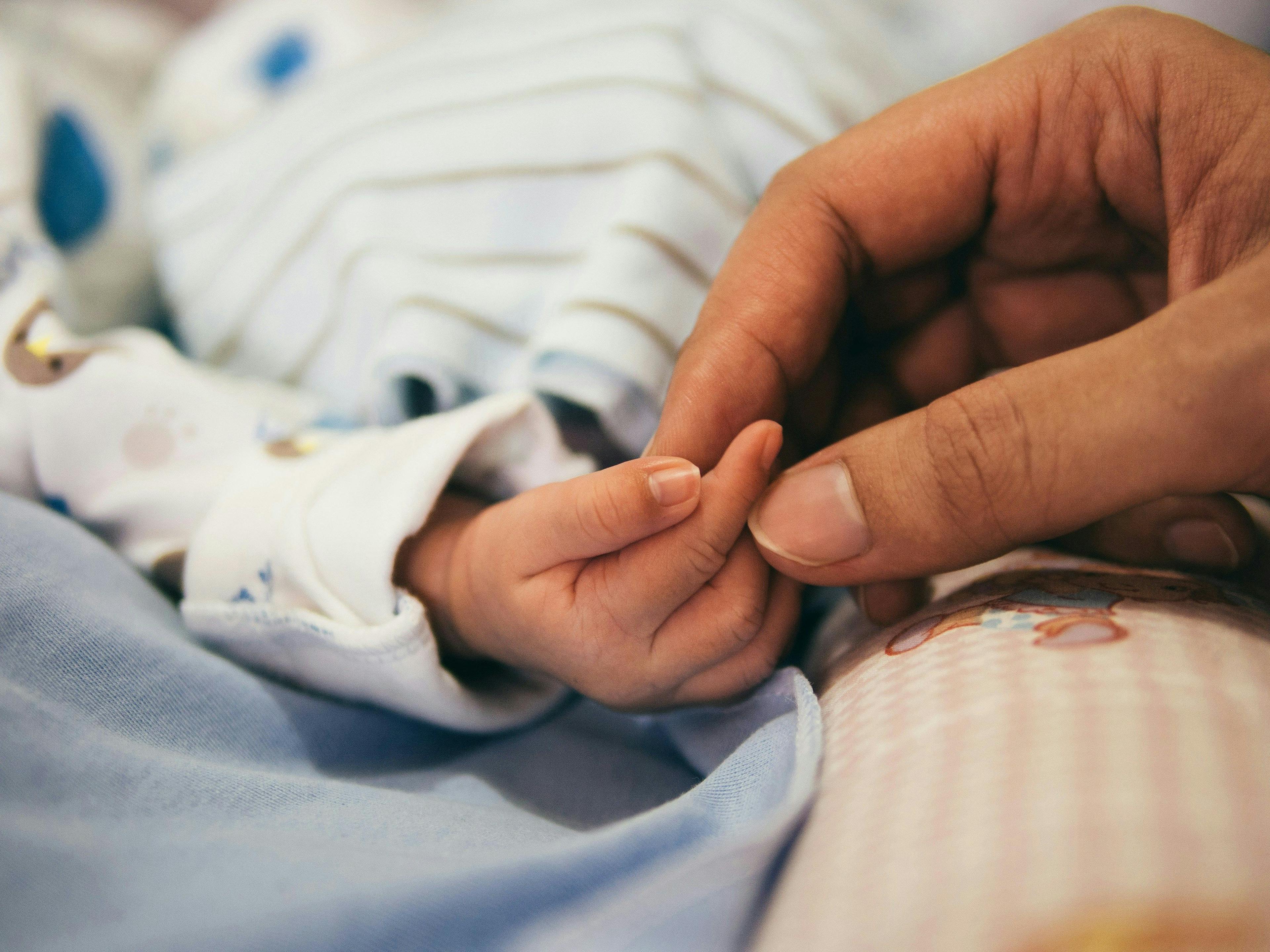
How to get medical leave for a child
In this guide we'll look at how to get childcare allowance, what you need to get it and how to make sure you don't get fired.
Family leave for a child's illness can be taken by a parent if there are no other childcare options available.
Any parent who has any kind of employment can get parental leave. If only one parent is employed, only that parent is entitled to leave. If both parents are employed, both parents are entitled. The main condition is that both parents cannot take leave at the same time.
One or both parents may be:
It is also completely irrelevant whether the child was born in wedlock or not. The rules apply to everyone equally, even adopted children.
Remember that you can only take leave if the child requires the physical presence of an adult and there is no substitute parent. The length of the leave depends on the age group.
| Group | Age | Length |
| Group 1 | Children under 4 years of age | 12 days of leave per child |
| Group 2 | Children aged 4-13 years | 18 days of leave per child |
| Group 3 | Hospitalised children between 13 and 18 years of age | 5 days of leave per hospitalised child |
If a child is in receipt of Disability Living Allowance, certain conditions do not apply:
- The length of permissible leave shall be doubled.
- The mandatory hospitalisation requirement for ages 13-18 does not work.
- The age limit of 18 does not work.
Leave can be extended if the child has:
- Progressive cancer; OR
- He requires hospitalisation for longer than 2 consecutive weeks.
Extensions are determined on a case-by-case basis, but may not exceed 52 weeks over a period of 104 weeks.
Parental leave can be broken down into many sections. It is not necessary to use it all at once. Moreover, absence from work for up to 4 hours is considered a half-day.
Family leave is granted upon presentation of a medical certificate. A person wishing to take such leave should contact his/her doctor to obtain the relevant document.
Employees are obliged to notify the employer on the first day of their absence from work. The duration of the child's illness does not matter. The notice can be given either verbally or in writing.
The certificate obtained from the doctor must also be submitted to two authorities:
The medical certificate must contain the following information:
- Identification numbers (Matricule) of the parent and child.
- Diagnosis (accident certificate, diagnostic results, etc.).
- Confirmation of the need to be physically present with the child.
- Duration of treatment.
Parents who use sick leave for their child are protected by law. However, it is important to know the conditions and rules for this protection.
If the leave falls during the probationary period, the probationary period shall be extended by an amount equal to the duration of the leave. However, the probationary period may not be extended in this way for more than one month.
Maternity leave is equal to sick leave. Therefore, the employer may not dismiss an employee during this period. If this happens, you can safely demand reinstatement or file a complaint about unfair dismissal.
Of course, there are exceptions. The defence does not work if the employee:
- Failed to notify the employer on the first day of absence.
- Failed to provide a doctor's note.
- Provided the certificate after the notice of termination or call for an interview.
- Committed a serious misdemeanour.
This protection does not override the end of a fixed-term employment contract if the date falls during a period of leave.
Students on the basis of a contract with a higher education institution are also entitled to an extension of the contract. In this case, similarities with the probationary period can be observed. For example, if a parent has been absent from school for three weeks, their contract can be extended for three weeks.
Maternity leave allows you to receive your full salary.
Salaried employees
Receive payments from the employer, but only if they have submitted a doctor's note to CNS and the employer has sent the information to CCSS.
If the employee has already used more than 77 days of sick leave in 18 months, the insurance is paid by CNS.
Self-employed
They are also entitled to benefits if they are insured under an employer's mutual insurance programme (MDE). In this case, the self-employed must declare the leave to the health fund and provide a doctor's certificate.
The allowance is calculated:
- Based on the employee's gross salary for the period.
- May not exceed five times the social minimum wage.
- For students, the calculation is based on the amount of the stipend.
Frequently Asked Questions (FAQ)
Who can take parental leave?
Can I and my spouse take leave at the same time?
Can I be fired during such leave?
Source: guichet.public.lu
We took photos from these sources: Aditya Romansa on Unsplash